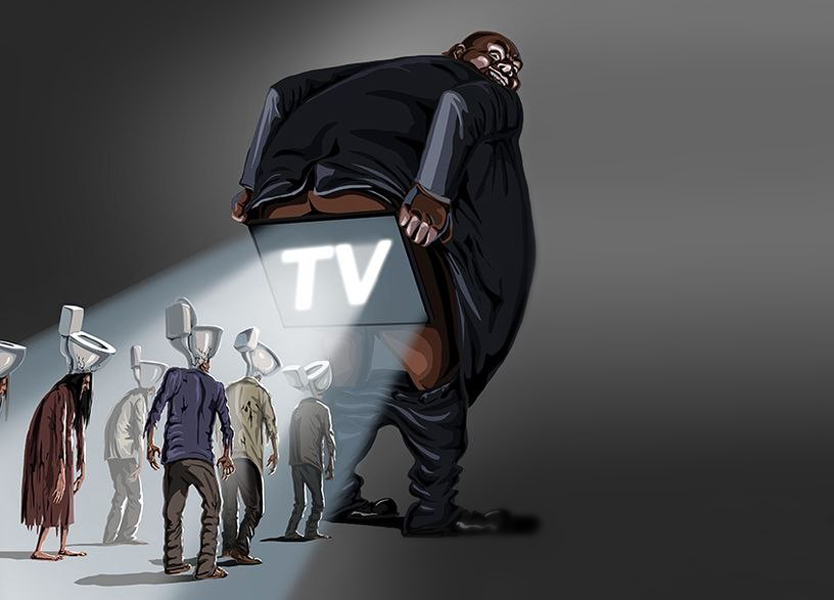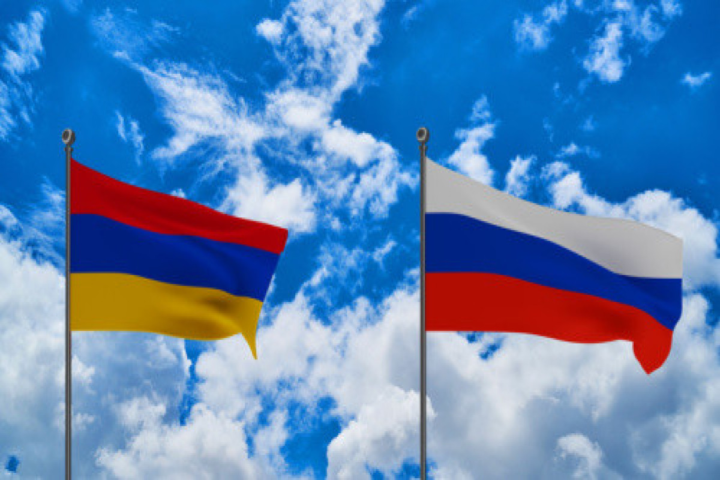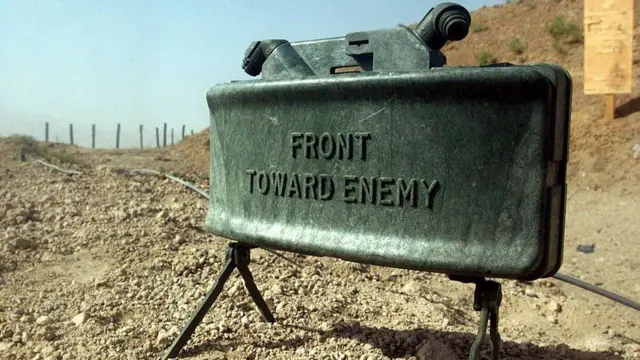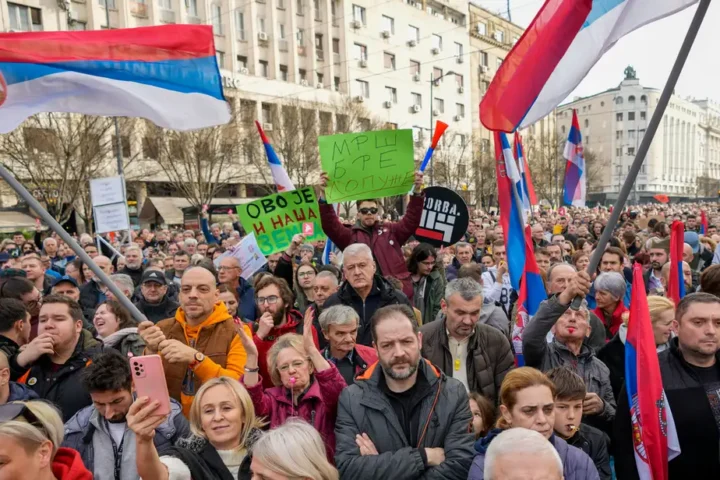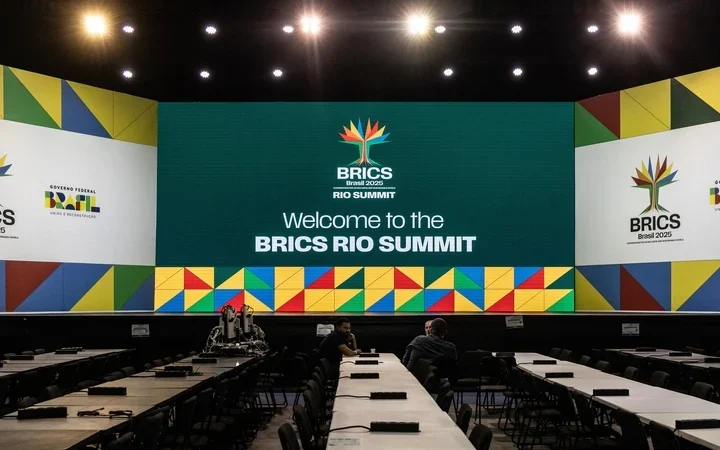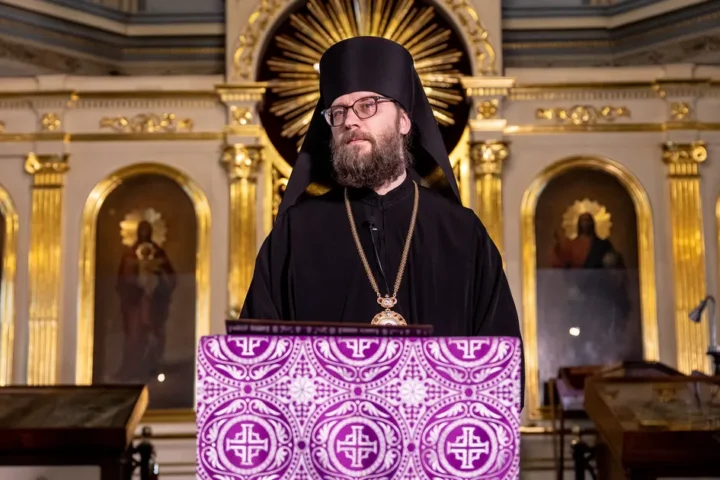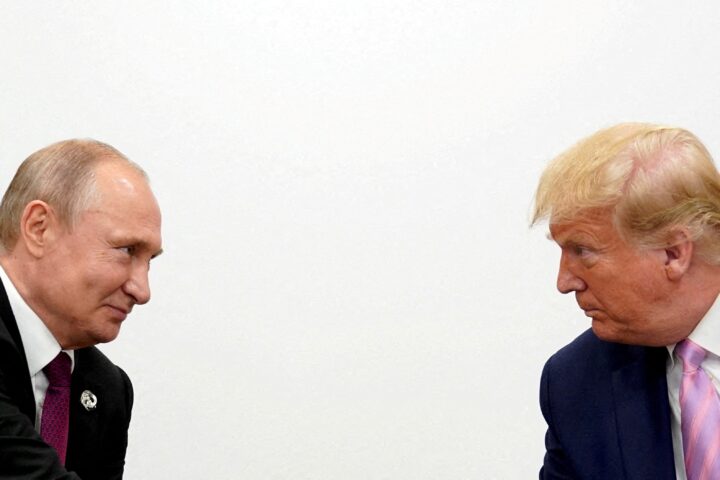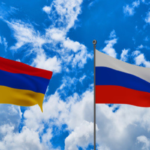Yerevan distances itself from Kremlin amid broader geopolitical rift in South Caucasus
Armenian parliamentary speaker Alen Simonyan has urged a review of Russian television broadcasts in the country, marking the latest move in Yerevan’s growing estrangement from Moscow. Speaking to journalists on 1 July, Simonyan called for a reassessment of Russian channels’ presence on Armenian airwaves, referring to their content as “toxic” and accusing them of destabilising Armenia’s internal affairs.
Simonyan’s comments come amid heightened tensions between the two allies-turned-rivals. The arrest of Russian-Armenian billionaire Samvel Karapetyan — a longtime Kremlin-linked businessman — on charges of inciting unrest has deepened the rift. In his reaction, Simonyan used scathing language to criticise Russian media figures, calling them “monkeys,” “degenerates,” and “mankurts,” and accusing prominent Russian talk-show hosts of fuelling hostility and undermining Armenian sovereignty.
Simonyan echoed recent remarks by Prime Minister Nikol Pashinyan, who suggested that foreign intelligence agencies were actively recruiting Armenian nationals to destabilise the country from within. Karapetyan, in turn, claimed the charges were retaliation for his public defence of the Armenian Apostolic Church — an institution that Pashinyan has increasingly criticised in recent months.
Kremlin reacts cautiously as Yerevan accelerates decoupling
The Kremlin, via spokesman Dmitry Peskov, responded with muted concern, describing Armenia as a “close country” with “millions of Armenian citizens in Russia” who “watch developments there with pain.” However, Armenia’s actions suggest a strategic shift rather than a temporary dispute. In recent months, Russian broadcasts — including content from figures like Vladimir Solovyov — have been blocked, Russian businessmen detained, and Russian cultural events in Armenia cancelled. These steps point to a systemic break from diplomatic niceties and longstanding symbolic ties.
While Russian state media framed Armenia’s position as an overreaction (RT report), analysts note that the Armenian government increasingly sees Russia not as a guarantor of security, but as a liability — particularly since the Second Nagorno-Karabakh War, after which Armenia froze its membership in the Collective Security Treaty Organization (CSTO), cancelled joint military drills with Russia, and began exploring alternative security partnerships.
Moscow’s influence in the South Caucasus faces rapid erosion
Armenia’s political pivot highlights the deeper failure of Russia’s inertia-driven foreign policy in the post-Soviet space. The traditional image of Moscow as the “centre of gravity” for former Soviet republics has worn thin. Both Armenia and Azerbaijan are actively rebalancing their foreign policies, with Yerevan leaning toward Western security structures and Baku consolidating its regional leverage with broader international backing.
This strategic realignment has left Moscow watching from the sidelines as its former sphere of influence reshapes itself without it. In this context, anti-Soviet and anti-Russian narratives are no longer fringe but have become part of Armenia’s mainstream political discourse — tools for consolidating domestic legitimacy and expressing geopolitical independence (BBC analysis).
As Armenia distances itself further from Russia’s orbit, a critical question emerges: does Russian diplomacy still have the capacity — or the will — to protect its interests in the South Caucasus?
